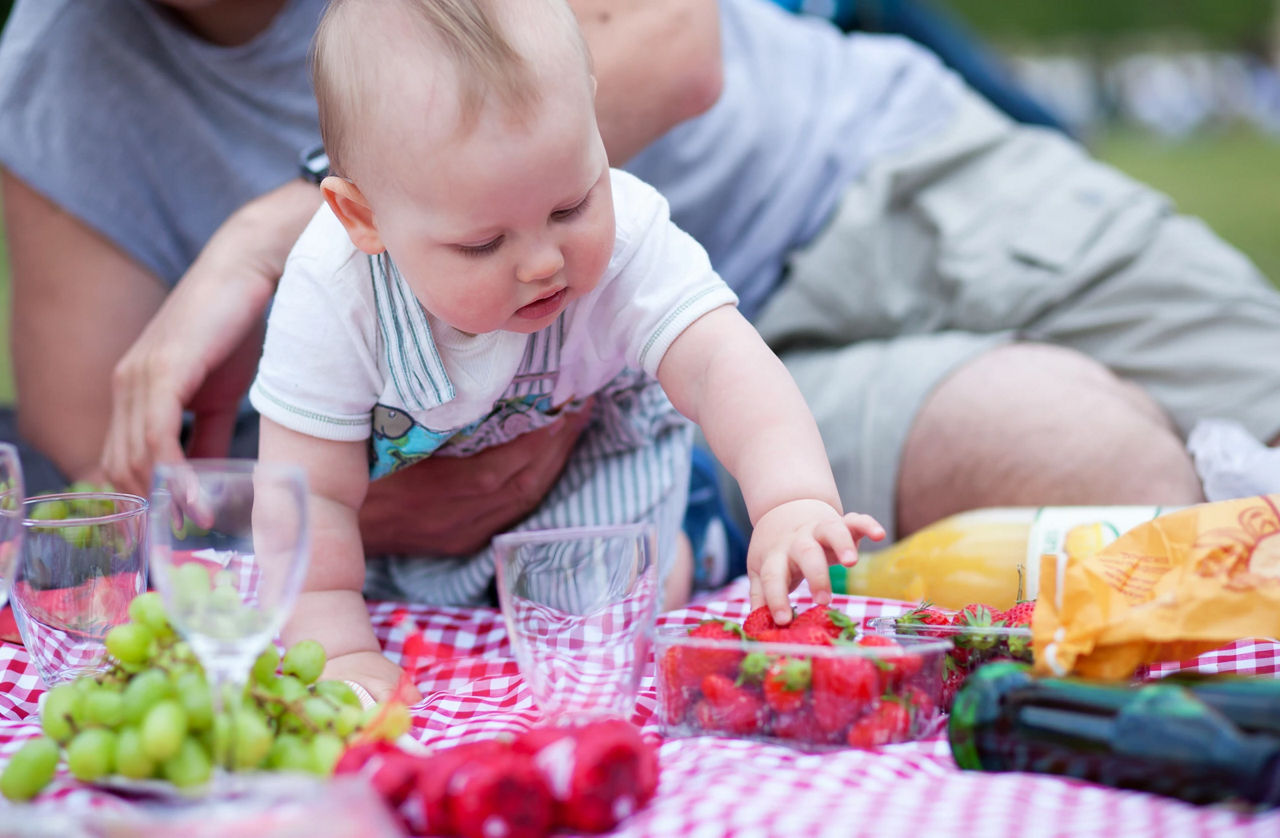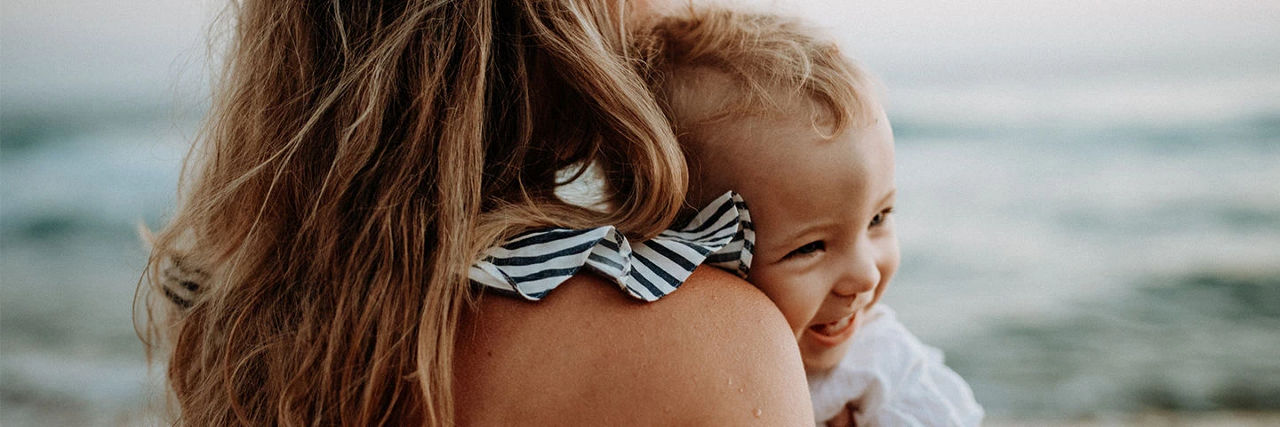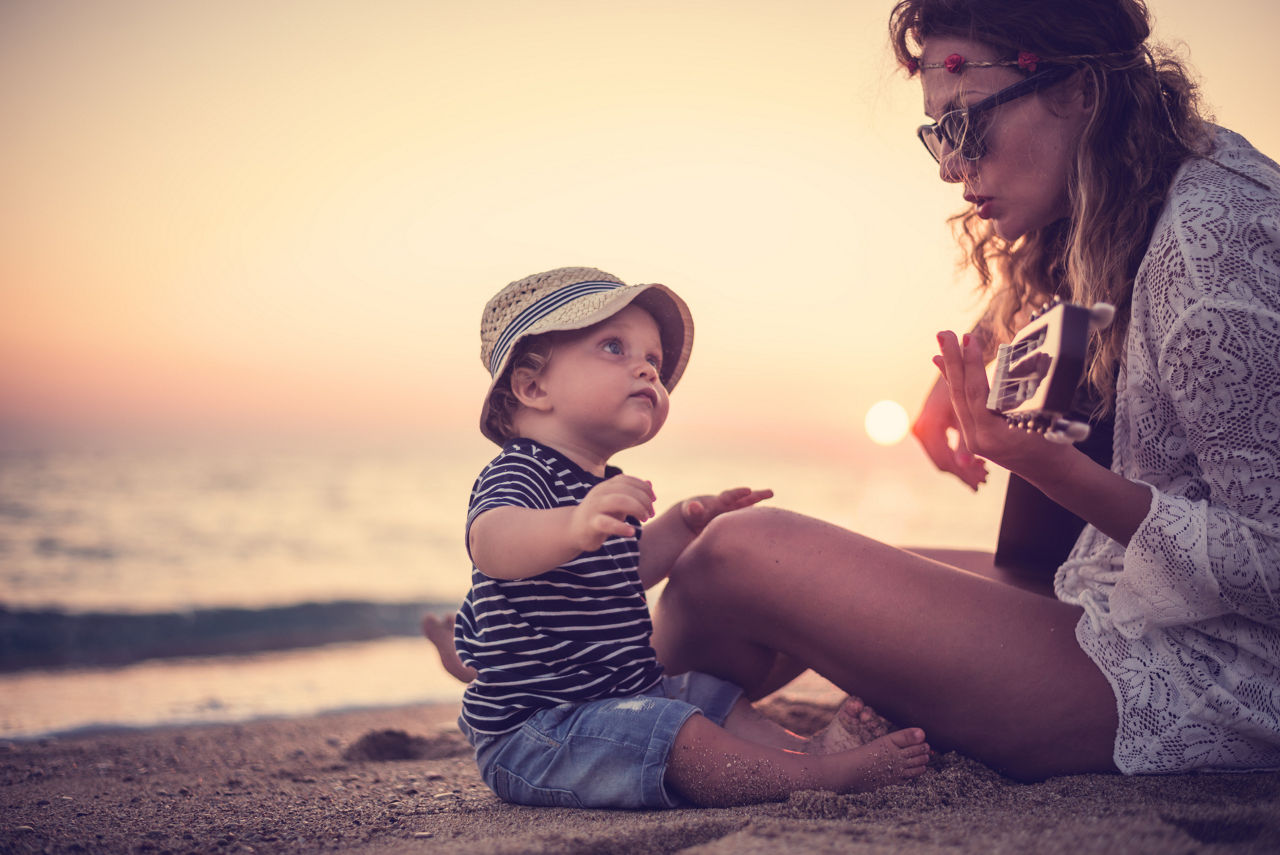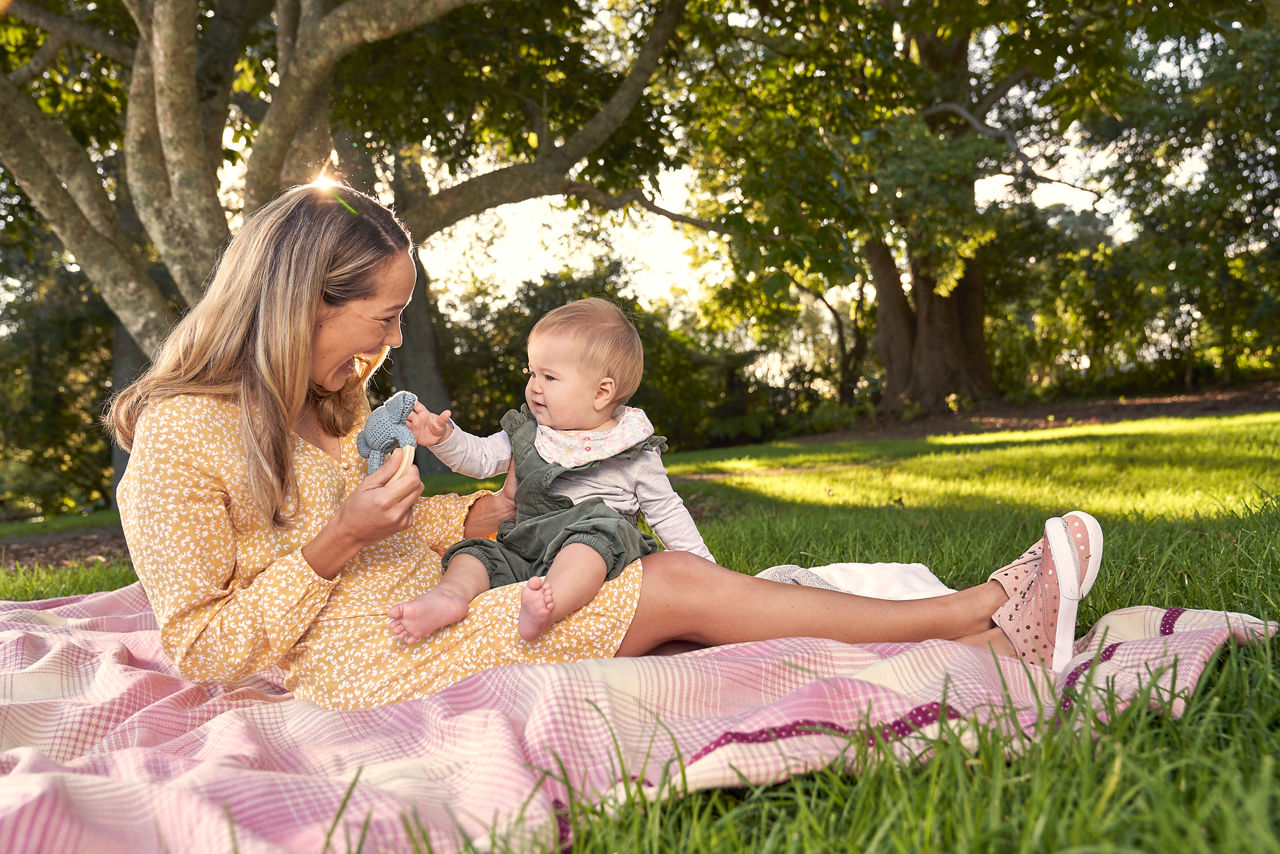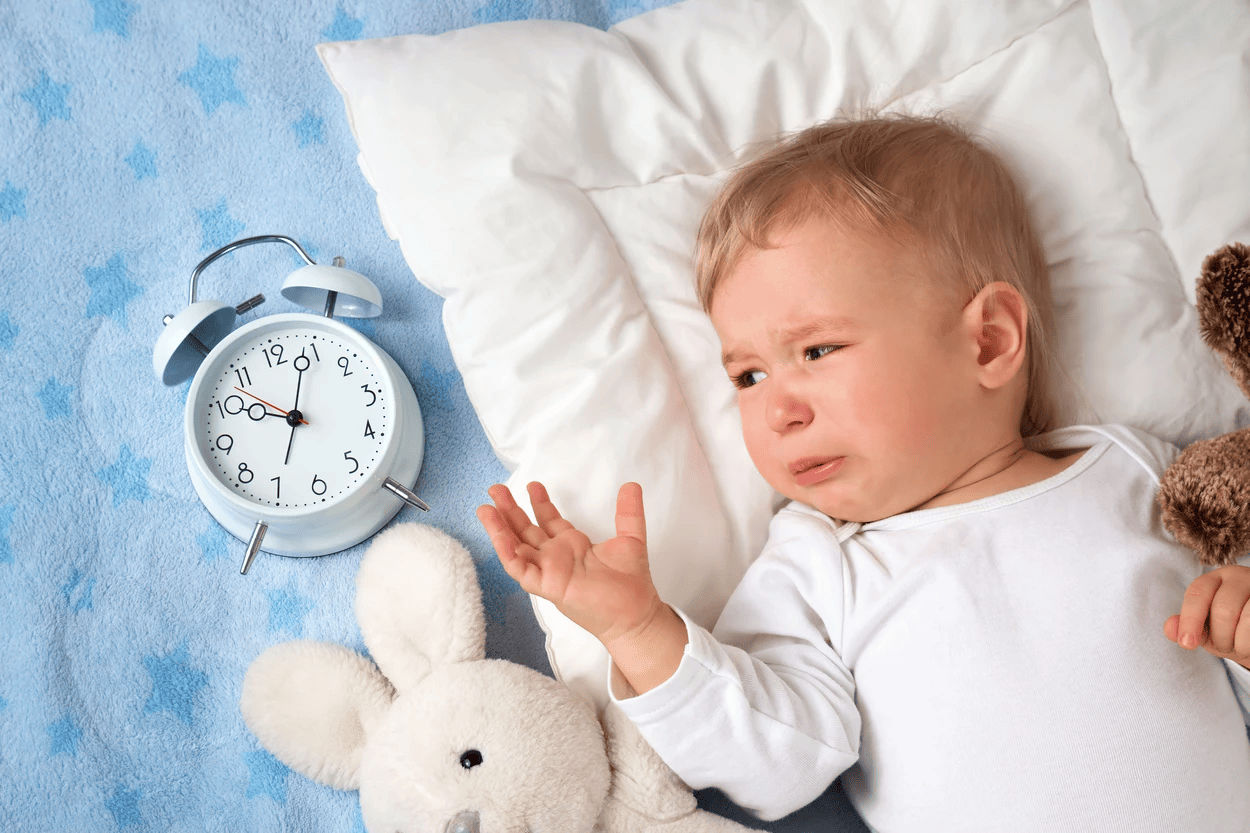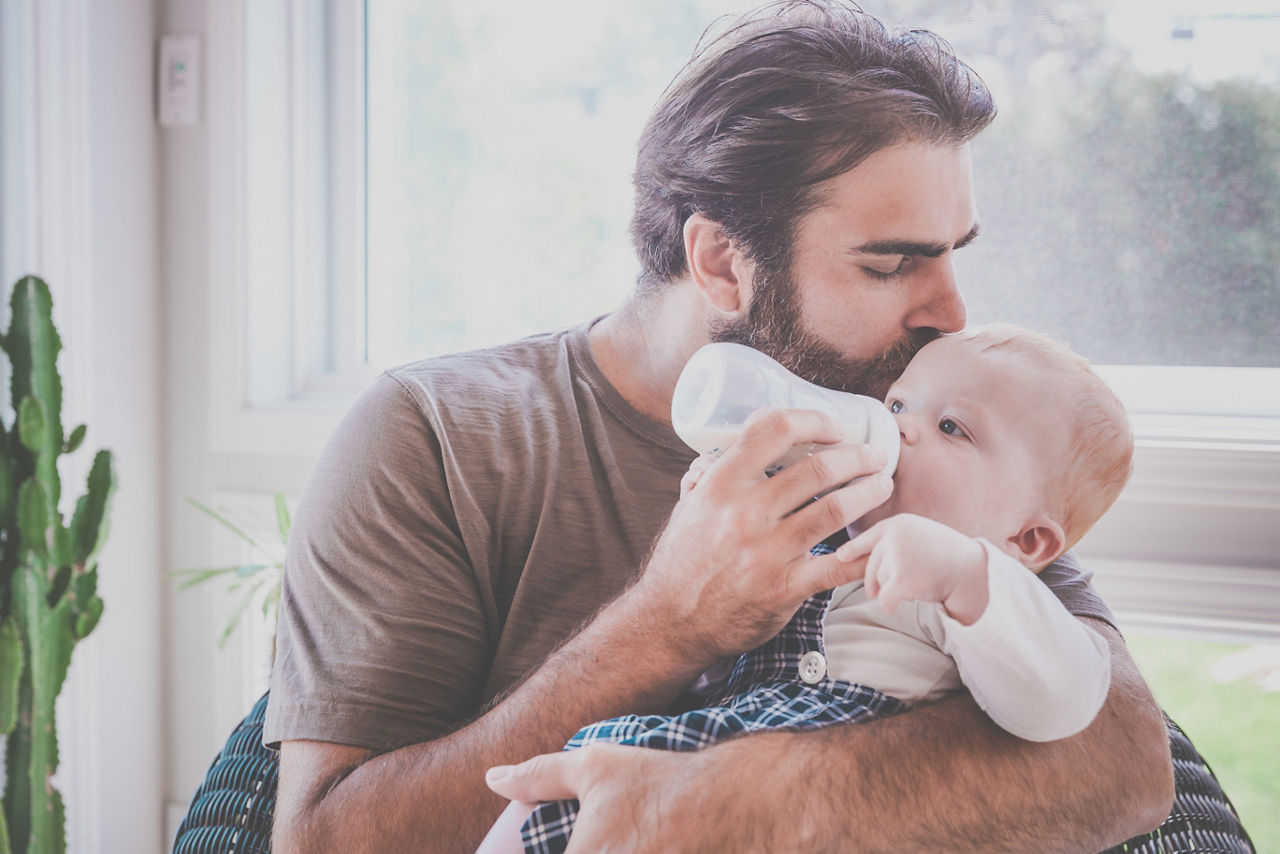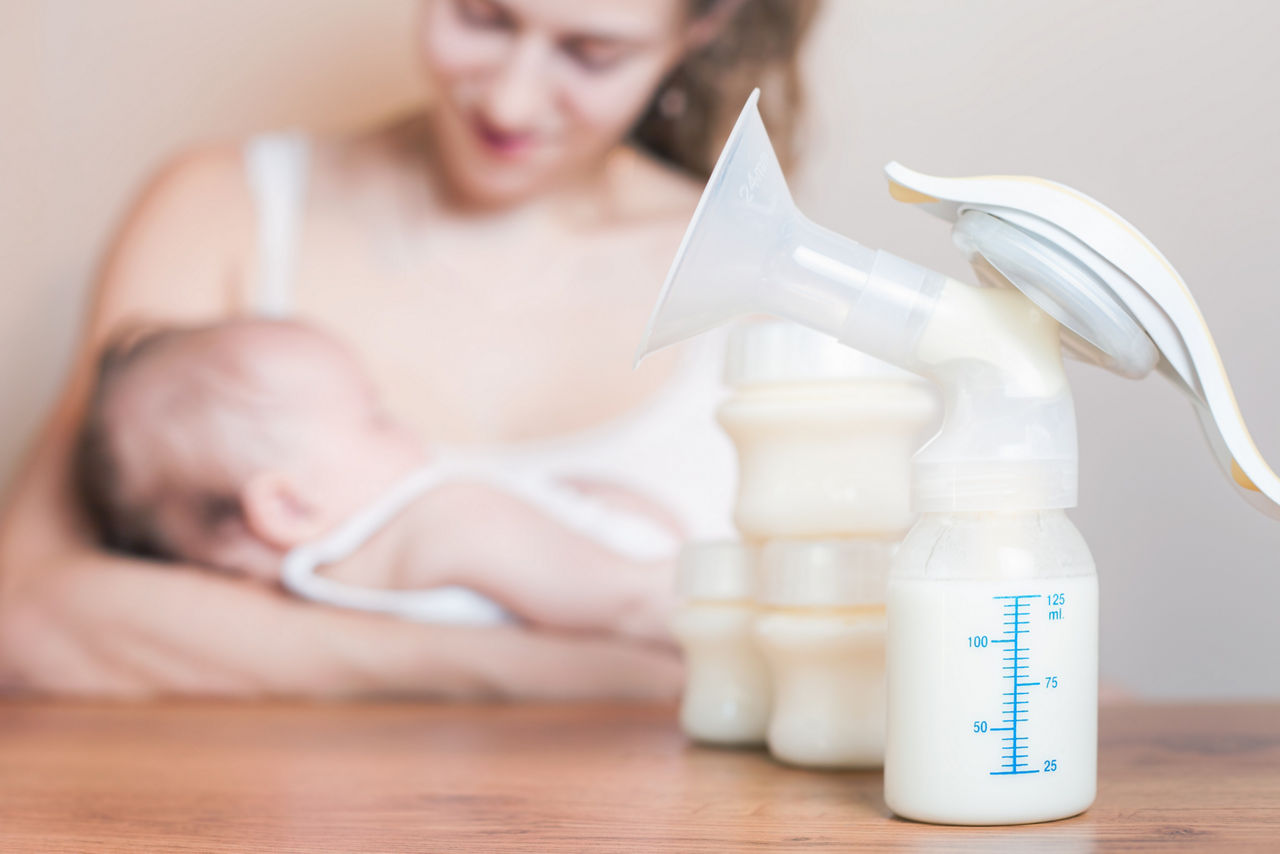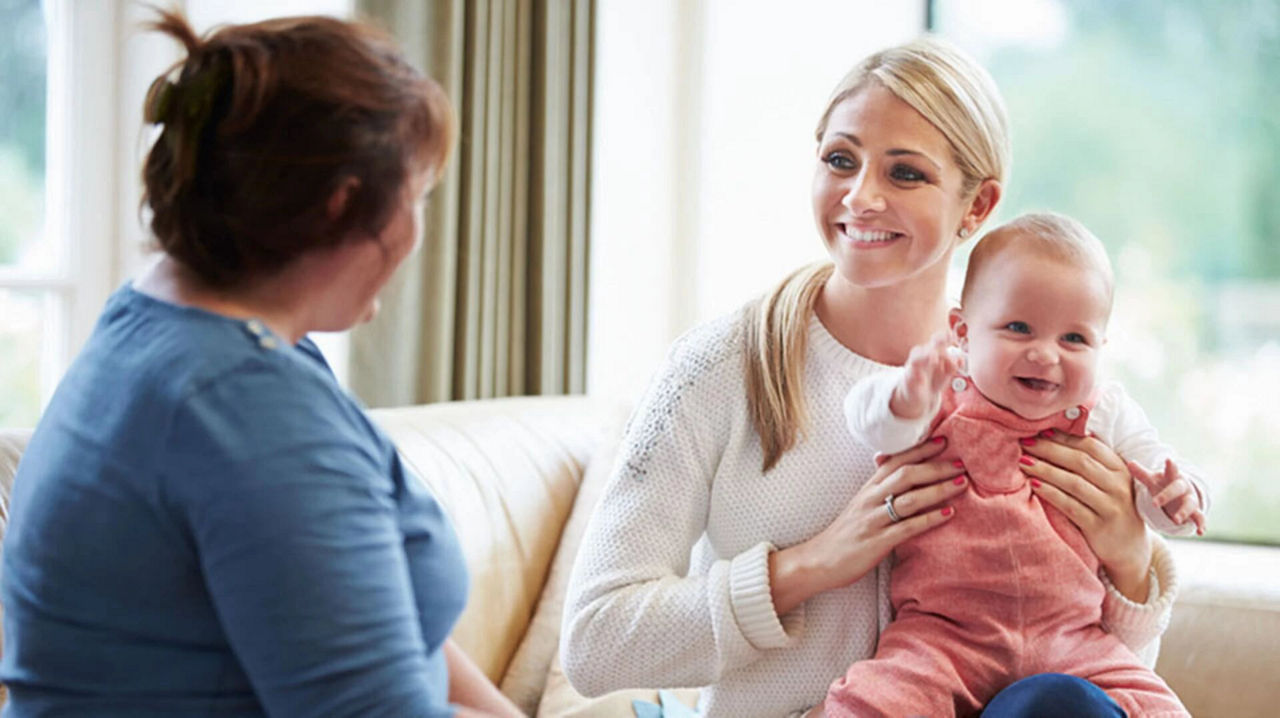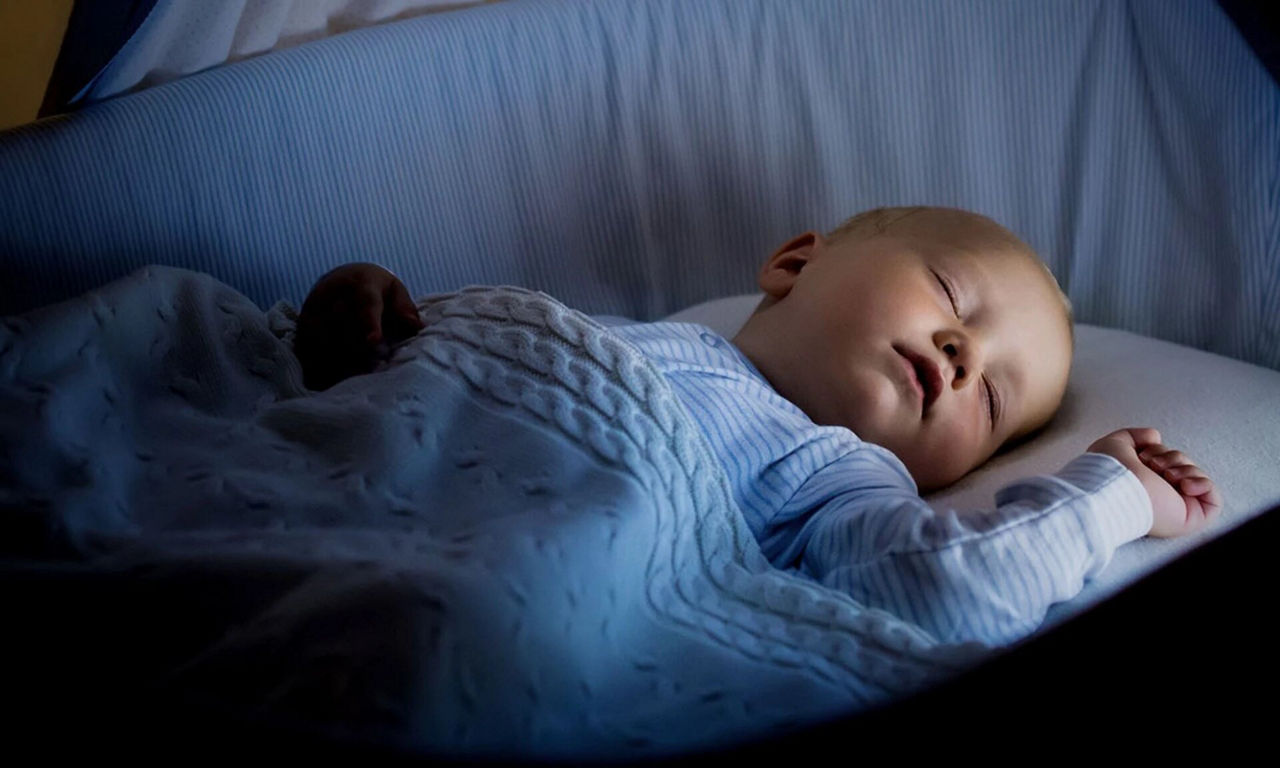Tips for taking a baby on holiday
Baby holiday essentials
Discover the Aptaclub’s baby holiday top tips and advice.
These essential tips will help you to prepare for going on holiday with a baby and put your mind at ease.
Click here to download your top summer safety tips for going on holiday with a baby
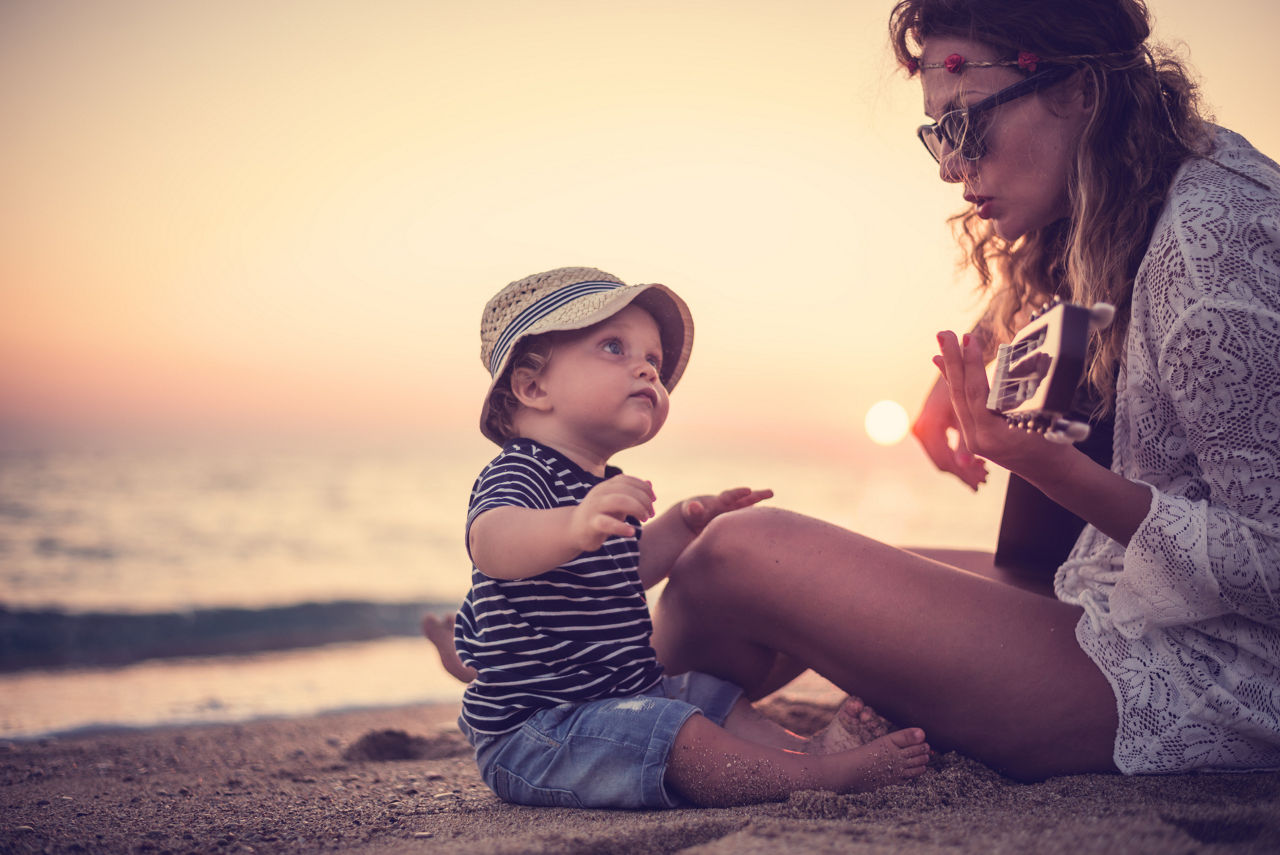
Travelling with a baby essentials
Going on holiday with a baby can be challenging. However, there are a few key essentials that will make your travels a lot easier:
Travelling abroad with babies and toddlers:
- Planes can be cold, so pack an extra layer, a spare set of clothes and socks for everyone in your hand luggage.
- Take your buggy as far as the departure gate, if possible. Bring your baby sling with you as you are often not reunited with your buggy until baggage reclaim. Bassinets are generally available on the plane for babies up to 2 years.
- When flying with small children, small sachets of paracetamol or ibuprofen can be helpful if the air pressure hurts their ears. Chewing, sipping water, or sucking on a dummy during take-off can also help to relieve increased ear pressure.
Baby holiday packing list for hot days
- Wide-brimmed sun hats will cover your baby’s neck and ears.
- Choose clothing with a UPF (Ultraviolet Protection Factor) of 50 to block 98% of UV radiation.
- Sunglasses should meet British Standard (look out for the BS EN 1836:2005 mark) and carry the CE mark – check the label. UV rays can cause eye damage - for adults and little ones alike.
Tips for keeping your baby safe and cool in hot weather
- Babies less than 6 months old should not be exposed to direct sunlight.
- When out and about, don’t be tempted to put a blanket over the pram to block out sunlight. This can trap warm air within the buggy, causing the temperature to soar to dangerous levels. Instead, use a UV protective pram cover that allows air to circulate.
- Always ensure you park your buggy in the shade and keep checking to ensure it remains shaded and cool.
- Removable mesh window shields can reduce UV rays reaching your little one in the car.
- Always have water and snacks to hand so babies over 6 months are well fed and hydrated.
- Take toilet roll, tissues, and hand sanitiser with you plus a compact First Aid kit.
- Undertake a quality practical or online first aid course to empower yourself with skills to help, should you experience a medical emergency whilst away.
- Ensure you have travel insurance with medical cover, know how to call the emergency services should you need them and know the location of the nearest hospital.
How to keep your baby’s room cool in hot weather?
- Close shutters, curtains and windows before the sun comes in. Open the windows early in the morning and later in the evening to let cooler air in.
- If it is hot, let your baby sleep in just a nappy with a cool sheet over them.
Can I give my baby water in hot weather?
Keeping well hydrated is vitally important in hot climates. Little ones that are not fully breastfed or those who have started weaning may need sips of water and regular encouragement to drink. For babies under 6 months, the water needs to be boiled and then let to cool down. Toddlers may need approximately 4 cups of beverages (including water or milk) per day.
Think about giving weaning babies watermelon, cucumber, and other watery foods. Milk is also extremely good at rehydrating a baby.
Look out for signs of dehydration. When they are thirsty, they are already dehydrated. Check their skin remains pliable, their eyes are not sunken, and they are weeing regularly. Their urine should be clear and not smelly.
First aid tips for babies
Heat exhaustion in babies
Heat exhaustion can come on suddenly following exposure to the sun and children may have a raised temperature and be hot and sweaty. They may feel sick, dizzy, headachy, or have stomach-ache and it could result in them collapsing.
First Aid: Take them somewhere cool. They need to re-hydrate fast, ideally with regular sips of a rehydrating sachet or cool water. Lie them down and raise their legs and they should start to feel better within 30 minutes. If you are worried or they are not improving, seek medical advice.
Baby sunburn treatment
First Aid: Cool under a tepid shower for at least 20 minutes or apply repeated cool wet towels for 15 minutes. When completely cooled, apply neat aloe vera gel to the affected area, this will soothe, reduce swelling, and promote healing. Give the child regular sips of water and paracetamol for the pain. If a baby is sunburned, always seek medical advice.
Can babies wear sunscreen?
Sun cream should not be used on babies under 6 months, they should not be exposed to direct sunlight. However, if your baby is over six months of age, you should apply a high factor, UVA&B sunscreen. Babies over 6 months do need to absorb Vitamin D through their skin, so it is healthy for babies over 6 months and toddlers to be outside for a short time without sunscreen in the early morning and late afternoon.
Babies and toddlers have sensitive skin so there are 2 things to take into account when choosing a sun cream:
- Choose a sun cream designed for babies & toddlers.
- Patch test the cream first.
How to apply sunscreen on babies?
- Use enough! Apply sunscreen liberally to your child’s skin. At least a tablespoon of sun cream if covering the legs and arms of a baby. Remember to include their hands and feet, and the back of their neck and ears.
- Reapply the sunscreen at least every couple of hours and after they have played in the water, even if the sunscreen claims to be water resistant, as water dramatically increases the strength of the sun’s rays. No sun cream is fully waterproof.
Tips for keeping babies safe in a pool
Babies and toddlers must always be supervised in water and remain within arm’s reach. Never rely on a flotation device to support your child. Children can drown in as little as 2cm of water and drowning can happen quickly and quietly.
What temperature do pools need to be for babies?
Generally, if the water is cold for you then it’s probably too cold for your baby. Hot tubs and heated pools with a temperature higher than 100°F (37.8°C) are not deemed safe for children younger than three years old.
Babies need a warm pool, especially those under 6 months. Around 30-32 degrees Celsius is optimal.
Even when in a warm pool, monitor your baby closely for signs of them getting too cold, e.g., blue lips, shivering.
When can babies go in a chlorine pool?
According to NHS, you can take your baby swimming at any age.
Chlorine in small doses is generally considered safe for your baby, provided you ensure they don’t swallow any water. However, some studies suggest swimming in chlorinated pools during infancy might increase the risk of respiratory tract infections.
Our top tips for keeping your baby safe while travelling or on holidays
As well as looking at all the great places you want to visit and see, research the specific dangers of the area you are visiting before you go. This means you can respond effectively when treating specific stings, bites, illnesses, or reactions, should your child be affected and can also find child-friendly locations. Some first aid training companies will arrange bespoke first aid courses specifically for you and your family relevant to your chosen destination.
Last reviewed: 24th August 2022
Written by Emma Hammett from First Aid for life
firstaidforlife.org.uk and www.onlinefirstaid.com
First Aid for Life provides this information for guidance and it is not in any way a substitute for medical advice. First Aid for Life is not responsible or liable for any diagnosis made, or actions taken based on this information. It is strongly advised that parents attend a practical or online first aid course to understand what to do in a medical emergency.
Read more
Related articles

Need some help?
You can get quick answers to common questions in our FAQs.
Alternatively, if you need help with general pregnancy or baby advice, or maybe on using or ordering our products - our expert team are always on hand to talk about feeding your baby.

